

Virtues & Vocations is a national forum for scholars and practitioners across disciplines to consider how best to cultivate character in pre-professional and professional education. Virtues & Vocations hosts faculty workshops, an annual conference, and monthly webinars, and engages issues of character, professional identity, and moral purpose through our publications.
UPCOMING

Medicine: a Vocation of Head and Heart
David Sandberg, MD Pediatric Neurosurgeon and Author of Brain and Heart
Monday, October 6, 2025, noon – 1 pm
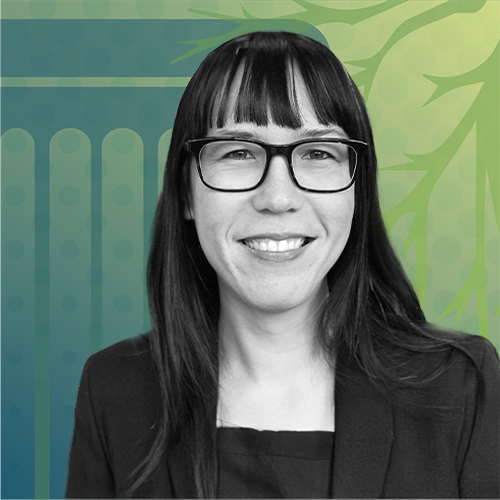
Is Empathy a Threat?
Jennifer Szalai
New York Times Book Critic
Monday, November 3, 2025, noon – 1 pm
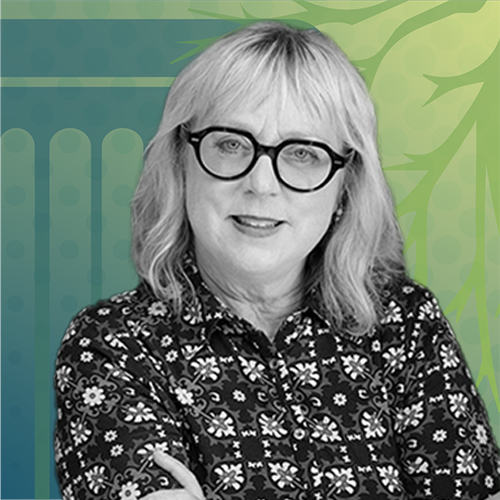
Finding Your Vocation
Karen Swallow Prior
Author of You Have a Calling: Finding Your Vocation in the Good, True, and Beautiful
Monday, December 1, 2025, noon – 1 pm
UPCOMING
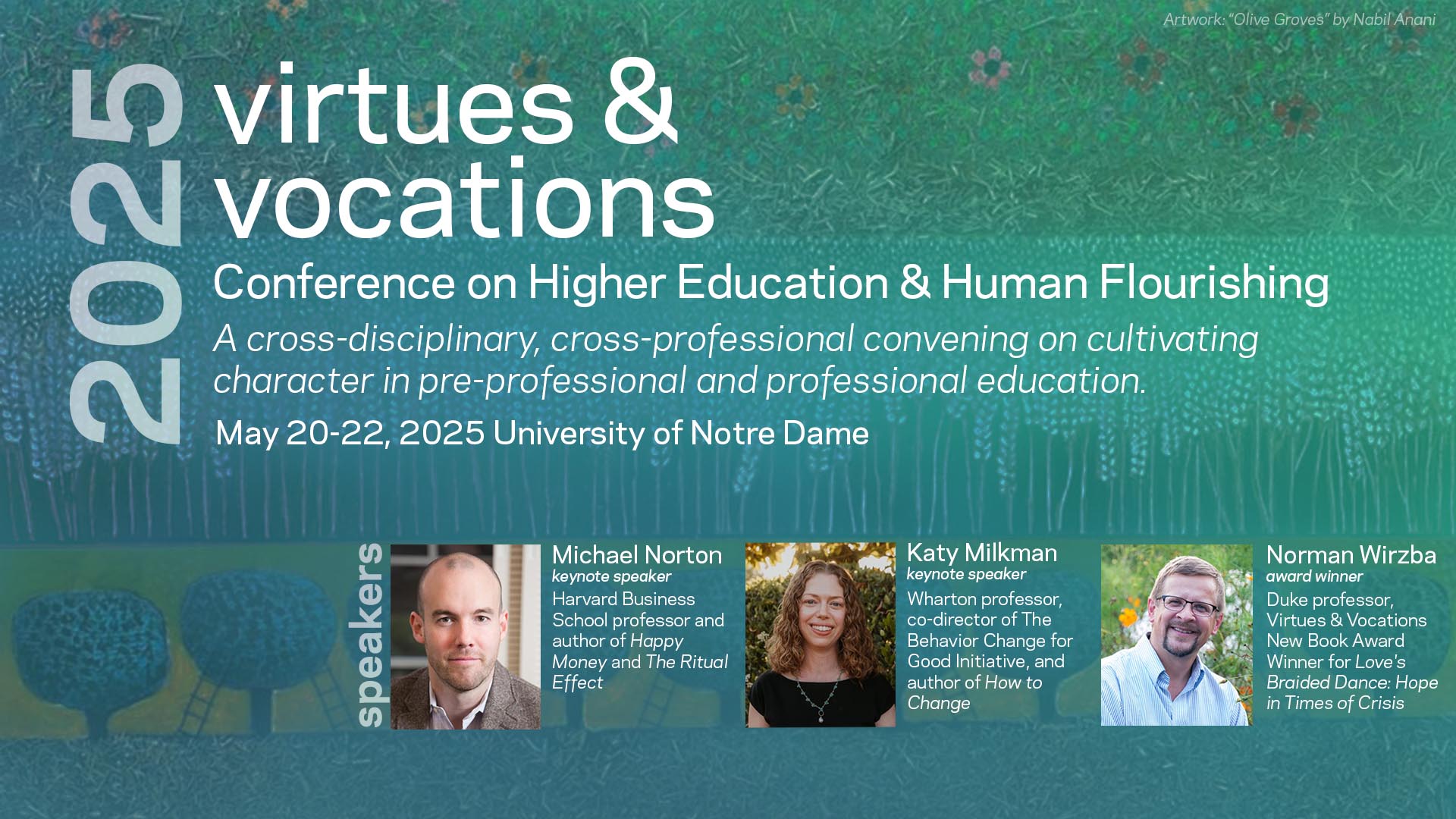
We hosted our second annual conference May 20-22, 2025 at the University of Notre Dame. This conference was a cross-disciplinary, cross-professional convening on cultivating character in the classroom and on campus, with a particular focus on professional education.
We hosted a conference on Higher Education & Human Flourishing from June 3-5, 2024 at the University of Notre Dame. For those who were unable to attend or who would like to revisit the conversation, we are pleased to offer the following resources:
Cover artwork: “Contemplating My Garden from Afar” by Agucho Velásquez
Good Medicine
Dad, Insurance, and Medicine
Ricardo Nuila
Growing up, I experienced healthcare the way most people in this country do, which is through private insurance. My pediatricians encountered no snags as they kept me on the vaccine schedule and ensured I didn’t fall too far off the growth curve. The doctor-patient relationship looked idyllic from my vantage point.
Essay
Navigating Purpose in an Age of Spaghetti Pathways
Michelle Weise
When I first met Dana Allen Walsh, a senior pastor at a progressive church in my hometown, it quickly became clear that we shared an abiding interest in the soul of work—the search for purpose and meaning through our vocations.
Employing Virtue
Zena Hitz
The Catholic tradition, following the suggestions of Plato and Aristotle, distinguishes work from leisure. Work is “servile”—it is a mere means to an end. The end of ends is leisure, where human beings act for the sake of acting and live for the sake of living. Leisure matters in and of itself. Human flourishing is structured by leisured activity. Work without leisure is scarcely a human life at all.
Good Labor
Dan Graff
My dad was a worker, and like all those who work for someone else, he didn’t have complete autonomy in his work life. To be sure, his union contract lifted standards, promoted fairness, and protected workers’ basic dignity, but ultimately it could only mitigate the power imbalance inherent in the workplace, not erase it.
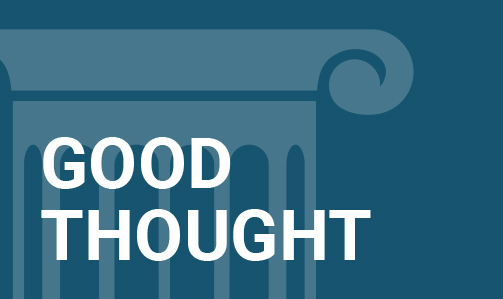
In her welcome letter to the latest issue of Virtues & Vocations: Higher Education for Human Flourishing, Suzanne Shanahan invites us into a conversation about the meanings of work.
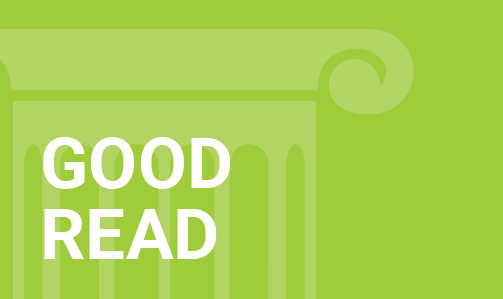
Bonnie Miller-McLemore’s latest book begins with a bit of a confession: she doesn’t much like the term calling. It is too lofty, too loaded. An emerita professor of religion and practical theologian at Vanderbilt University, Miller-McLemore has authored, co-authored or edited more than 18 multi-disciplinary books and her latest is all about calling.
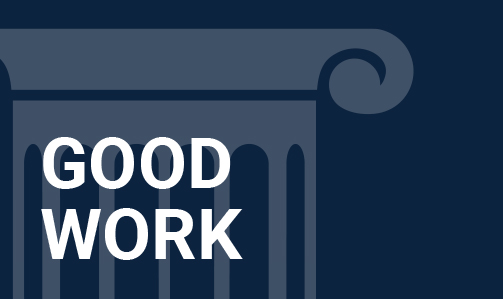
It’s Friday early in the fall semester, and a group of students from the University of Michigan’s Ross School of Business board a bus for what Professor Andy Hoffman calls “a four-hour ride into the woods.” At a retreat center, they surrender their phones and laptops—returned only on Sunday—and prepare for a weekend focused not on team building, networking, or branding, but on discerning their life’s calling.